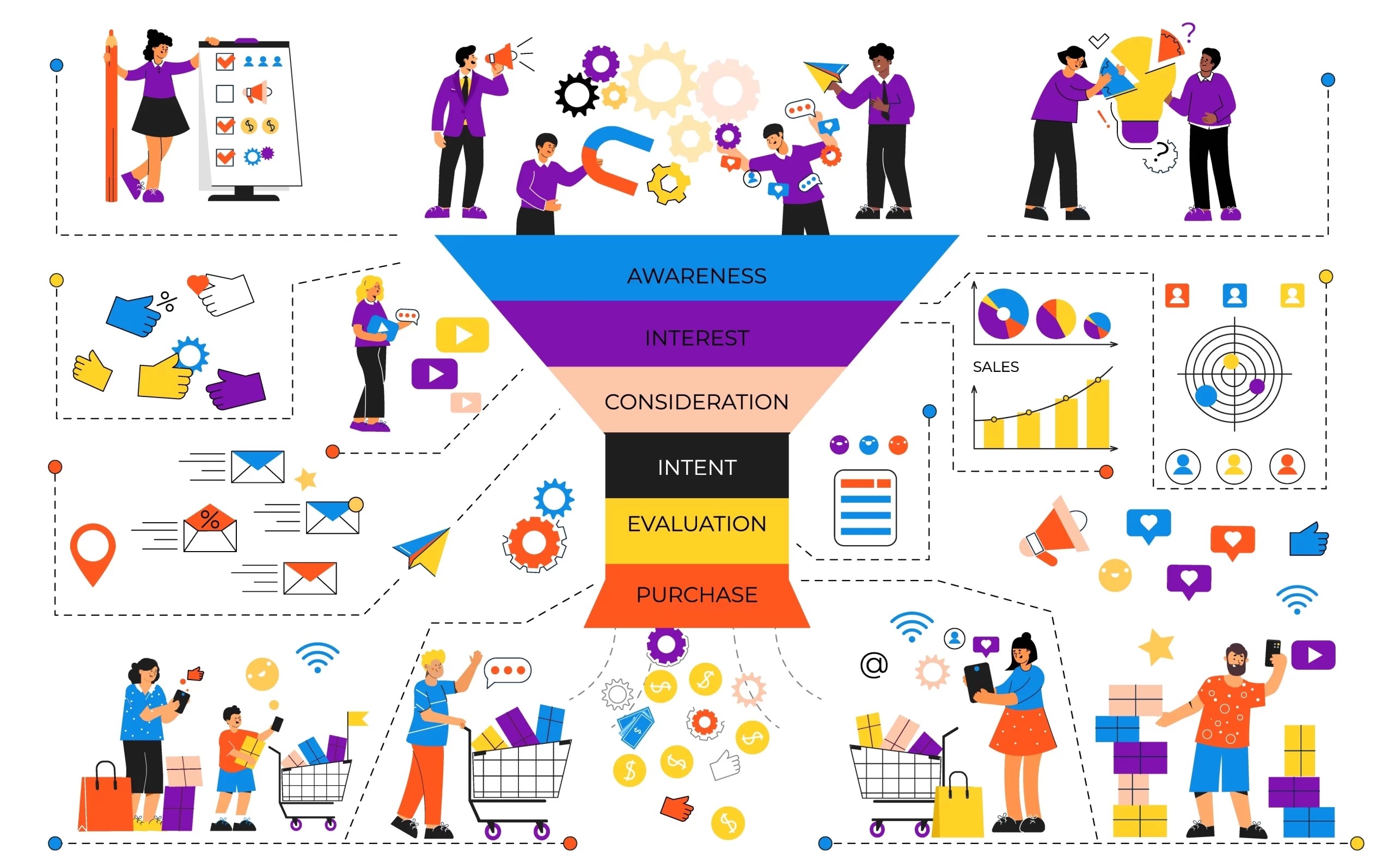The world of e-commerce is constantly evolving, with new technologies and consumer behaviors reshaping how businesses sell online. As we move into 2025, staying ahead of emerging trends is essential for online retailers looking to boost sales, improve customer experience, and stay competitive. In this article, we’ll explore the top e-commerce trends shaping the future of online stores.
1. AI-Powered Shopping Experiences
Artificial Intelligence (AI) is revolutionizing e-commerce by enhancing personalization, automation, and efficiency. In 2025, AI will continue to play a vital role in:
Personalized Product Recommendations – AI-driven engines suggest products based on browsing history and purchase behavior.
AI Chatbots & Virtual Shopping Assistants – Provide real-time support and personalized guidance.
Automated Inventory Management – Predict demand and optimize stock levels.
2. Augmented Reality (AR) for Virtual Try-Ons
Consumers increasingly expect interactive shopping experiences. AR technology allows customers to:
Try on clothing, accessories, or makeup virtually before purchasing.
Preview furniture and home décor in their space before buying.
Enhance product visualization for more informed decisions.
Retail giants like IKEA and Sephora have already integrated AR, and this trend will continue to grow in 2025.
3. Voice Commerce is on the Rise
With the increasing adoption of voice assistants like Alexa, Siri, and Google Assistant, voice shopping is becoming more common. E-commerce stores should optimize for voice search SEO by:
Using conversational keywords and natural language queries.
Implementing voice-friendly navigation on websites.
Enabling voice-based shopping and reorders through smart devices.
4. Social Commerce is Becoming the Norm
Social media platforms like Instagram, TikTok, and Facebook are no longer just for engagement—they’re full-fledged shopping destinations. Key trends in social commerce include:
Live Shopping Events – Brands host live streams where viewers can purchase in real time.
Shoppable Posts & Stories – Seamless checkout directly within social platforms.
Influencer-Driven E-Commerce – Trusted influencers driving sales through affiliate links and collaborations.
5. Sustainable and Ethical Shopping is a Priority
Consumers are becoming more conscious of their purchases, prioritizing sustainable and ethical brands. E-commerce businesses must:
Offer eco-friendly products and sustainable packaging.
Be transparent about sourcing and ethical practices.
Implement carbon-neutral shipping options.
Brands that embrace sustainability will attract loyal, value-driven customers in 2025.
6. Frictionless Checkout and Payment Innovations
One of the biggest conversion killers is a complicated checkout process. In 2025, expect more online stores to implement:
One-Click Checkout – Reduce steps for a faster purchase process.
BNPL (Buy Now, Pay Later) Options – Allow customers to split payments.
Cryptocurrency Payments – More retailers accepting Bitcoin, Ethereum, and other digital currencies.
Biometric Authentication – Secure and seamless payment using fingerprint or facial recognition.
7. Omnichannel Retail & Hybrid Shopping Models
Consumers expect a seamless shopping experience across all touchpoints. Businesses should integrate:
Brick-and-Mortar with Online – Click-and-collect, in-store pickup, and in-store mobile checkout.
Mobile-First Shopping Experiences – Optimize for smartphone users.
Unified Customer Data Across Channels – Ensure personalized experiences across online and offline interactions.
8. AI-Powered Content and Marketing Automation
AI is transforming how e-commerce brands create and distribute content. Expect to see:
Automated Email & SMS Marketing Campaigns – AI-powered personalized messaging.
AI-Generated Product Descriptions & Blog Posts – Faster, optimized content creation.
Chatbots Handling Customer Service & Sales – AI assisting customers 24/7.
Conclusion
E-commerce is evolving rapidly, and businesses that stay ahead of these trends will attract more customers, increase conversions, and build brand loyalty. From AI-driven personalization and AR shopping experiences to social commerce and sustainable practices, online retail’s future is about enhancing convenience, engagement, and ethical responsibility.
Need Help Optimizing Your E-Commerce Store?
At Cherry Fresh Designs, we specialize in e-commerce strategy, web design, and marketing automation to help you stay ahead of industry trends. Contact us today to future-proof your online store!



